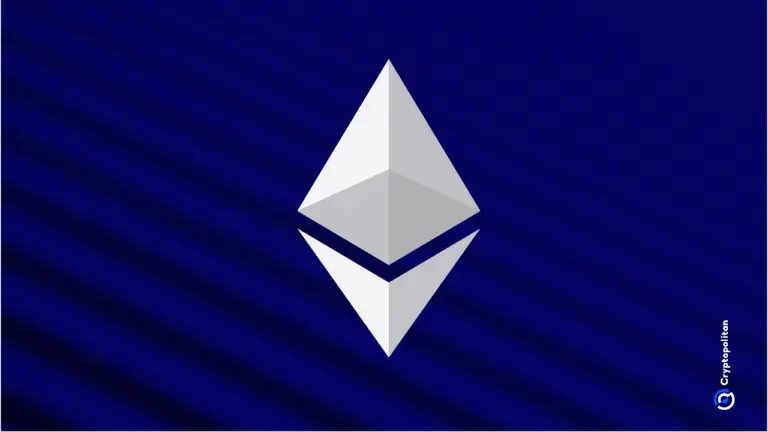DCG Initiates Legal Action Against Genesis Over $1.1 Billion Claim
- DCG sues Genesis over a $1.1 billion promissory note.
- Lawsuit highlights systemic risks related to 3AC default.
- Market impacts focus on BTC and Grayscale shares.
DCG is suing its bankrupt subsidiary Genesis over a $1.1 billion promissory note, claiming overpayment after the Three Arrows Capital default. Grayscale shares linked to Bitcoin and systemic risk events are central to this legal dispute.
Points Cover In This Article:
ToggleSummary
The lawsuit by DCG against Genesis underscores critical systemic risks in the cryptocurrency market, with implications for assets tied to market lenders.
The lawsuit claims that DCG overpaid a $1.1 billion promissory note following the Three Arrows Capital (3AC) default. It alleges that gains from collateral exceeded anticipated shortfalls. The dispute is currently in U.S. Bankruptcy Court .
DCG’s Allegations
DCG, led by CEO Barry Silbert, claims Genesis profited more than expected post-3AC default, warranting the offset of Genesis’s debt. Legal Counsel Luke Barefoot has publicly rebutted these claims in court filings:
“The promissory note was consistent with written agreements and past court representations, pointing out that DCG had already handed over more than $100 million in distributions.” — Luke Barefoot, Legal Counsel, Genesis Global Capital
Market Impact and Concerns
Bitcoin Trust (GBTC) shares are central to the dispute, as their collateral is linked to Bitcoin’s performance. Genesis’s profits from the 3AC situation were reported at $2.8 billion, compared to a $1.1 billion loss, causing concern over market trust.
Broader Implications
The litigation affects cryptocurrencies like BTC and ETH, tied to Genesis’s lending activities. It continues to shake confidence, reminiscent of earlier disruptions seen post-3AC and FTX collapses.
Conclusion
The legal actions against Genesis could result in significant financial, regulatory, or technological shifts in the crypto landscape. Historical events like the 3AC default illustrate how intercompany debts impact market equilibrium. Stakeholders are advised to monitor these proceedings closely.
Disclaimer: The content of this article solely reflects the author's opinion and does not represent the platform in any capacity. This article is not intended to serve as a reference for making investment decisions.
You may also like
OpenAI employees seek to sell $6B in shares at upgraded $500B valuation
Share link:In this post: OpenAI staff are looking to sell $6 billion in shares in a deal that could raise the company’s valuation to $500 billion. SoftBank has committed to leading a $40 billion fundraising round for the Ai giant, with $8.3 billion already raised. OpenAI recently launched GPT-5, which has drawn both criticism and praise for its performance.
Putin notes 20% rise in Russia-US trade under Trump
Share link:In this post: Vladimir Putin highlighted growth in U.S. trade with Russia after Trump’s return. Turnover in bilateral trade with America increased by 20%, the Russian president said. Volumes remain much lower than a decade ago as both express interest in doing business.
Foreign holdings of U.S. Treasuries hit record $9.13 trillion, up $1 trillion in a year
Share link:In this post: Foreign holdings of U.S. Treasuries hit a record $9.13 trillion in June, rising $1 trillion from last year. Japan and the UK increased their holdings, while China kept its level flat at $756.4 billion, its lowest since 2009. India and Hong Kong cut their Treasury exposure, and overall net capital inflow to the U.S. plunged 75% from May.

Ethereum nears ATH as DeFi TVL approaches pre-2022 highs
Share link:In this post: Ethereum is nearing its $4,800 all-time high after gaining 40% in the past month. Inflows into U.S.-listed Ether ETFs hit $2.9 billion, signaling strong institutional demand. Ethereum’s DeFi TVL has surged past $90 billion, close to its 2021 peak of $108 billion.
